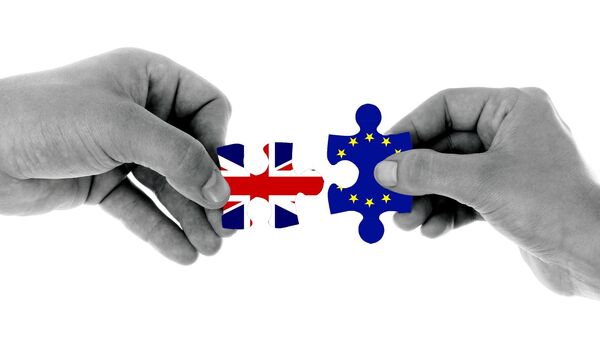The European Union's chief Brexit negotiator Michel Barnier on December 17 sought to dash British hopes of a bespoke trading agreement with the EU akin to the bloc's current arrangements with Canada and Norway — the EU also warned the most difficult phase of the Brexit negotiations is about to begin. Many in Britain had hoped the UK could achieve a similar economic relationship with the continent to other countries, despite their vastly different circumstances.
Norway
The only country in Scandinavia to have not joined the European Union due two referenda in 1972 and 1994, Norway relies on the bloc for up to USD$74.6 billion (€63.3 billion) worth of imports and US$57 billion (€48.3 billion) of exports.
Norway is however a member of the European Free Trade Area and has access to the EU Single Market in exchange for complying with up to 23,000 European rules. Experts have suggested a Norwegian-style agreement would not be an attractive option for the UK as it would be required to align with the EU's regulations without having any influence over their formation.
Switzerland
The Swiss form part of the Schengen Zone but have never joined the EU itself. While not a member of the Single Market, Switzerland laboriously negotiated its own economic access to the EU which only came into effect in 2002, a decade after the Single Market's formation in 1992, which would be a longer process than the UK can currently afford.
The central European state has also attracted vast amounts of European investment through less taxation and regulation. The option of the UK attracting business to its shores post-Brexit by dramatically cutting regulation and taxes has been suggested, but would face significant opposition as Britain as a population of 66 million as opposed to Switzerland's 8.4 million with significantly higher living standards.
Canada
The Comprehensive Economic and Trade Agreement (CETA) between Canada and the European Union was negotiated principally to deal with removing barriers to agricultural exports. The Agreement was stalled however by the opposition of the Parliament of the region of Wallonia in Belgium.
The legality of the #CETA deal has finally been referred to the #ECJ Well done #Wallonia and #Belgium https://t.co/fmC4tKMynX
— Justin Byrne (@justinbyrne42) September 6, 2017
As any parliamentary body in the EU can cast a veto against a free trade agreement, a similar prospective arrangement between Brussels and Britain would likely suffer from the same risks. The legality of CETA itself also remains under consideration by the European Court of Justice, meaning the Agreement cannot come into force anyway until the Court issues its verdict.


